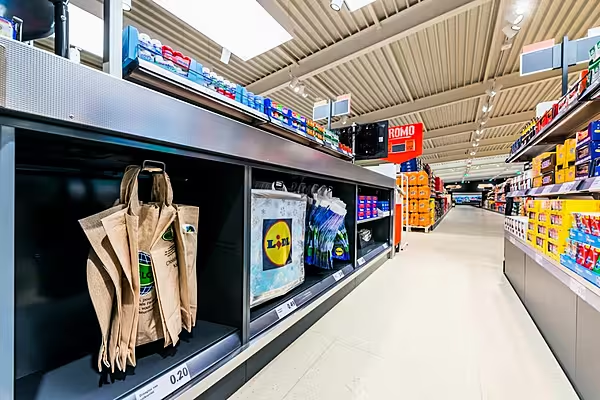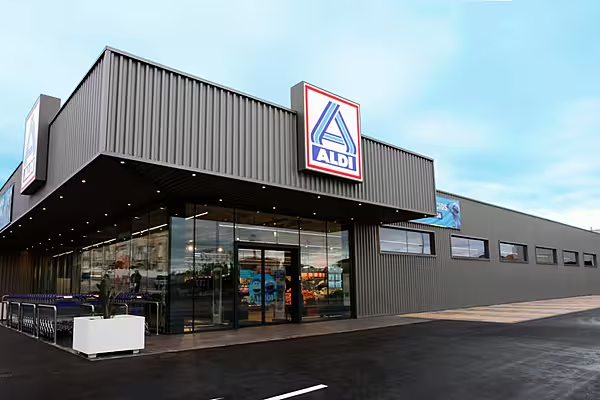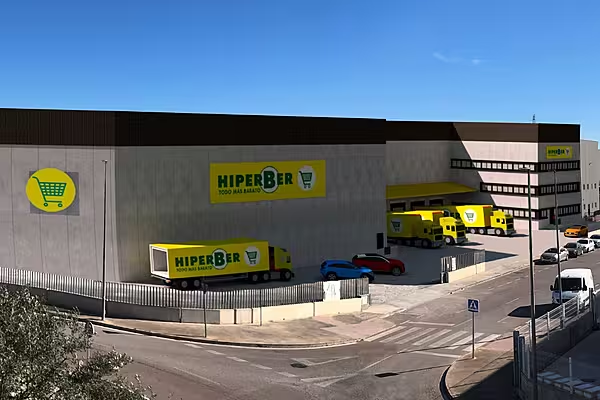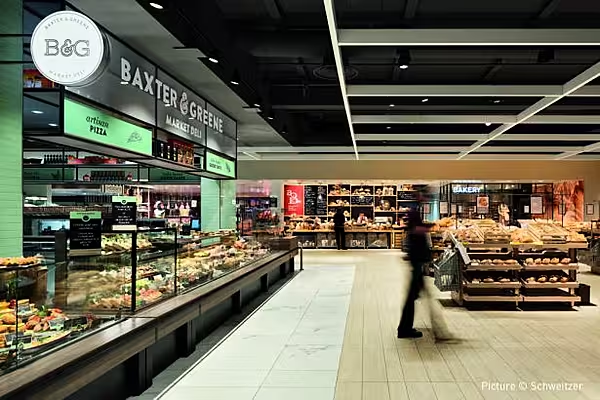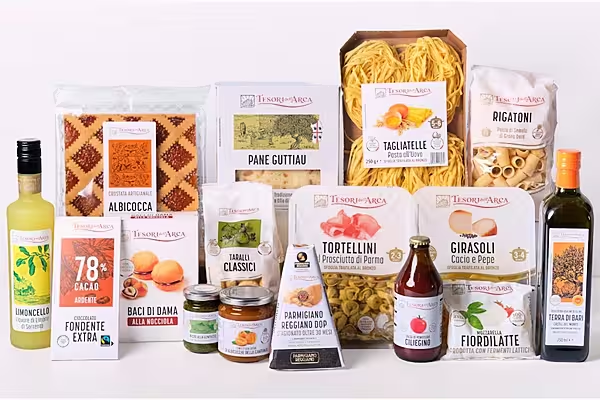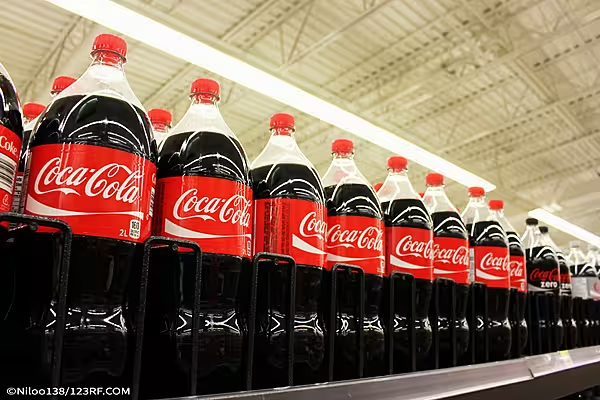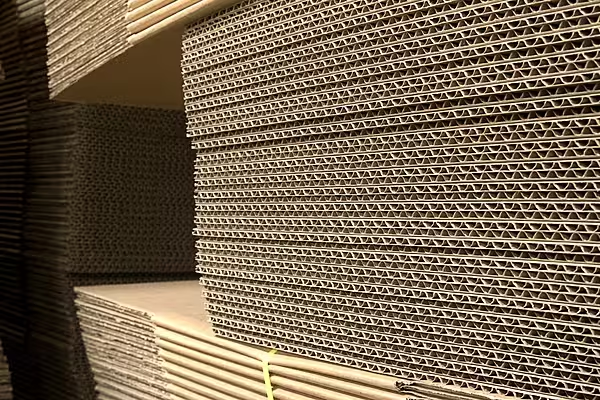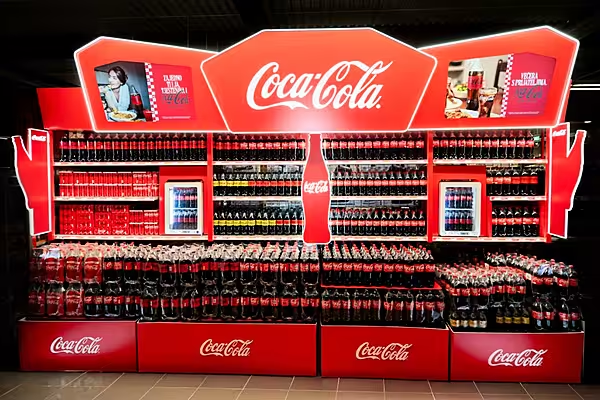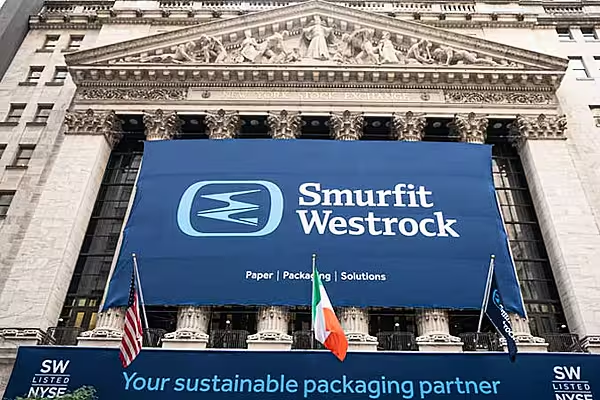Lidl Belgium has announced it plans to reduce its plastic usage by at least 20% and make all of its private-label packaging recyclable by 2025.
The discounter said it will stop selling unsustainable plastic carrier bags at its Belgian sites after this summer; a move that could save some 200 tonnes of plastic annually.
Currently, Lidl Belgium charges 10 cents for its plastic bags, however, it plans to rely more on sustainable alternatives, such as biodegradable sugarcane bags, its sturdy big shopper bag, and its Fairtrade bag.
"We have set ourselves an ambitious target for plastic reduction, and these plastic bags therefore no longer fit our vision of the future,” said Philippe Weiler, head of sustainability, Lidl Belgium. “We want to set an example by taking environmental measures to limit our climate impact."
EU Plastic Strategy
The retailer said its plastic reduction strategy is in line with the European plastics strategy by the European Commission. The strategy aims to make all packaging in the EU market reusable or recyclable by 2030.
“Striving for an environmentally friendly business has been one of our priorities for some time,” Weiler added. “In close consultation with suppliers, we think of ways to reduce plastic as much as possible.
"And Lidl also offers a large number of products in bulk, especially fruit and vegetables. Of course, by linking concrete figures and objectives to that ecological approach, you have an extra incentive to do even better."
Sustainable Pork
The discounter previously pledged to sell only sustainable pork, bred under the ‘Better Life’ program, which dictates a number of policies for improved animal welfare.
Elsewhere, Lidl Ireland recently announced similar measures to curb plastic. The discounter said it aims to reduce plastic packaging volumes by 20% by 2022, to have 100% of its private-label packaging widely recyclable, reusable or renewable, and for 50% of material used in private-label packaging to come from recycled materials.
The Irish arm of the discounter further announced plans to eradicate microbeads from its cosmetic and household products. The Irish government is expected to ban the tiny plastic particles by the end of the year after the UK enacted a ban on them in January.
© 2018 European Supermarket Magazine – your source for the latest retail news. Article by Kevin Duggan. Click subscribe to sign up to ESM: The European Supermarket Magazine.
